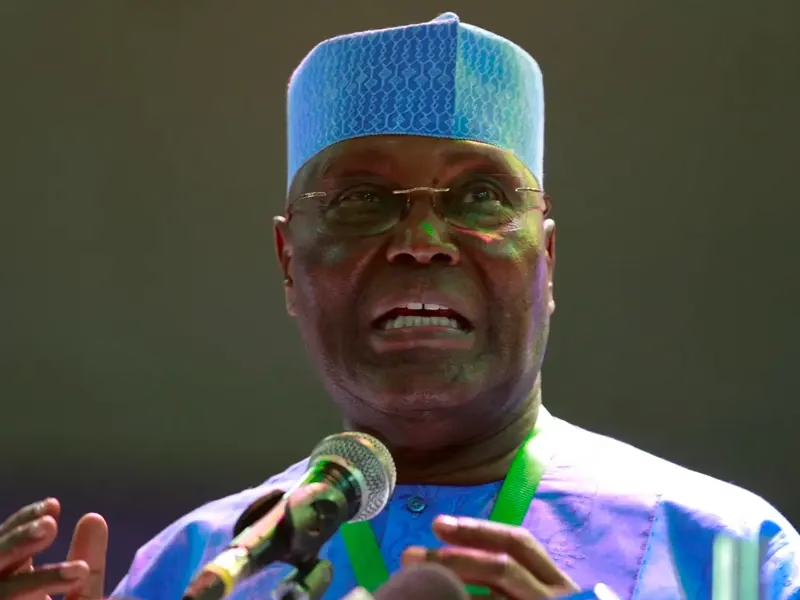Nigerian political figures are raising alarms over the legality of upcoming local government elections in Rivers State, warning of risks to democratic processes nationwide. Former Vice President Atiku Abubakar sharply criticized the appointment of Rivers State Sole Administrator, Vice Admiral Ibok-Ete Ibas, branding it unconstitutional and urging authorities to halt electoral plans under his oversight.
The controversy intensified after prominent businessman and elder statesman Atedo Peterside publicly condemned the scheduled polls, arguing that allowing an unelected official to manage elections undermines Nigeria’s democracy. Atiku echoed these concerns in a post on the social platform X, stressing that the situation in Rivers State could set a dangerous precedent. “It is in one’s interest to help put out the fire in your neighbor’s house to safeguard against your house being torched,” he wrote, likening the constitutional breach to a threat requiring urgent national attention.
Atiku emphasized that the appointment of a sole administrator to conduct elections contradicts Nigeria’s legal framework, which mandates elected local government leadership. “What is playing out in Rivers State…has implications for the rest of the country,” he stated, calling the move an “absurdity” that civil society must collectively oppose. Peterside had earlier cautioned against actions that “make nonsense of Nigeria’s democracy,” urging federal officials to intervene.
The dispute highlights broader tensions over governance and electoral integrity in Africa’s most populous nation. Local councils, as the closest administrative tier to citizens, play a critical role in service delivery and civic engagement. Deviations from constitutional norms in their management risk eroding public trust, critics argue.
Neither Rivers State officials nor the federal government has publicly responded to the allegations. However, analysts suggest the backlash reflects deepening scrutiny of Nigeria’s democratic institutions amid persistent concerns about political accountability. Legal experts note that sole administrators are typically interim appointees during crises, not substitutes for elected bodies—a distinction central to the current dispute.
With local elections poised to proceed under Ibas’s oversight, observers warn that the outcome could test Nigeria’s commitment to decentralized governance. As debates intensify, the focus remains on whether authorities will recalibrate their approach or risk further accusations of democratic backsliding.
